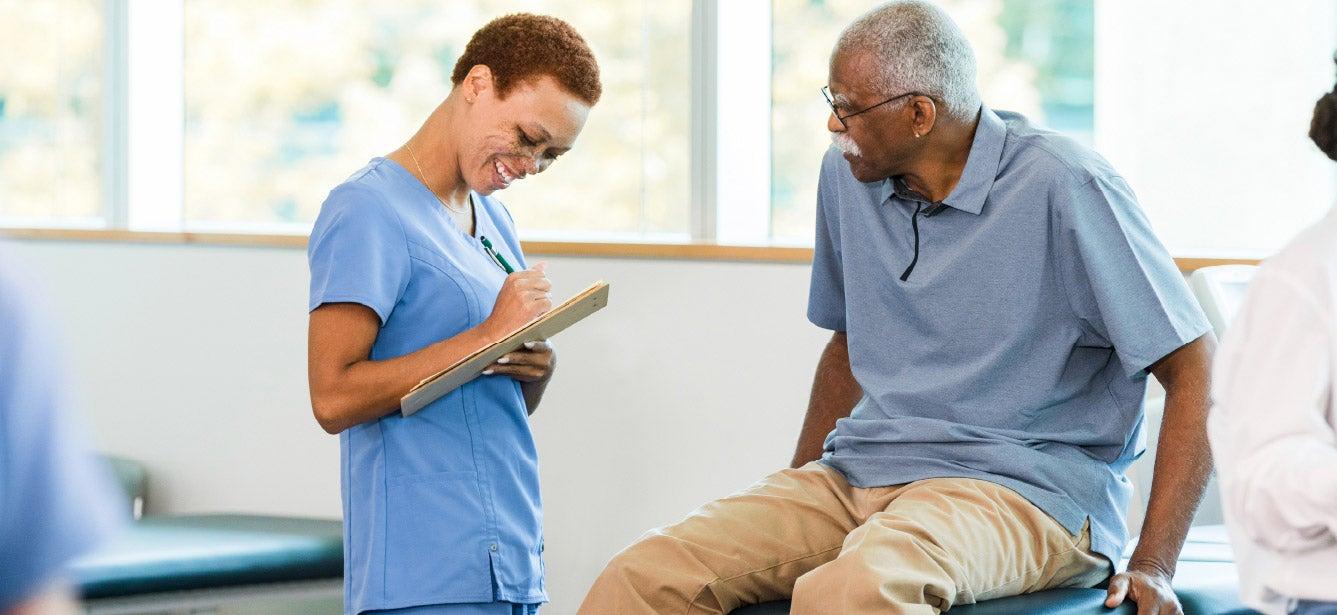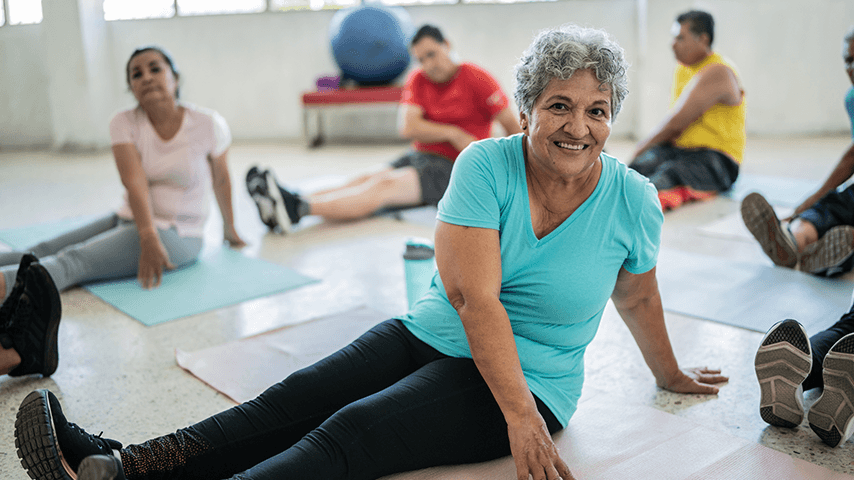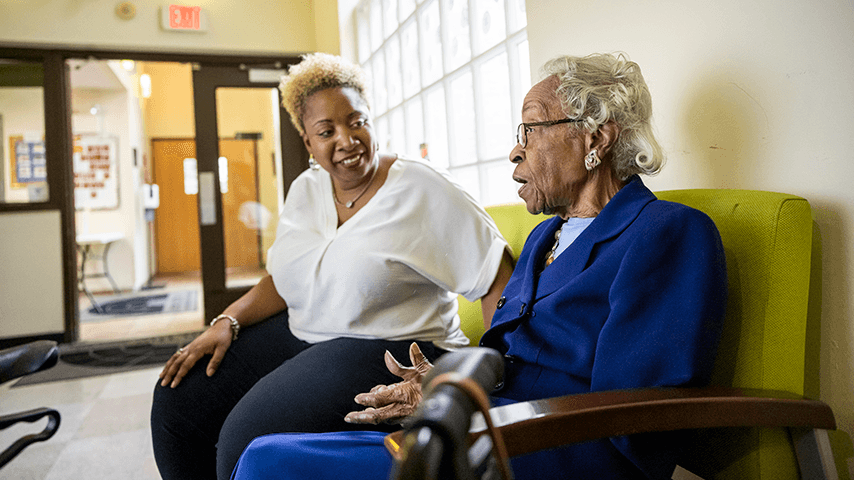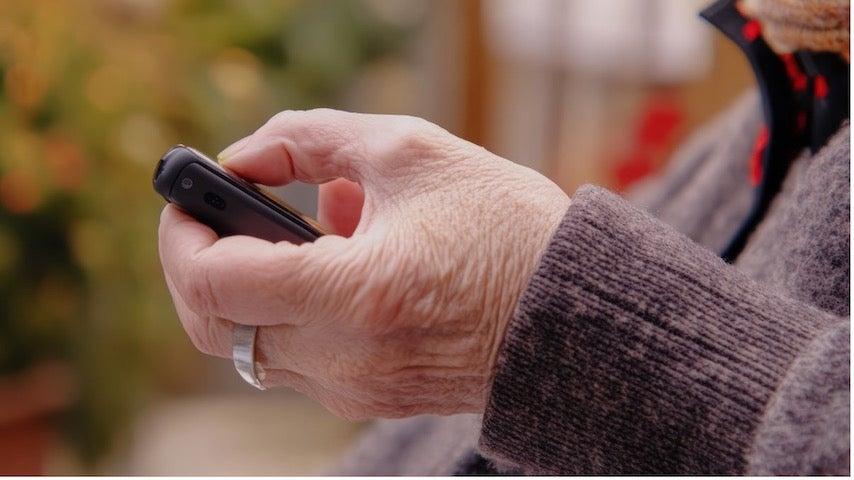
Related Topics
Bladder problems can contribute to your risk of falling and affect your quality of life for both men and women. Fortunately, physical therapists are often able to help you identify the cause of your problem and improve it without medication or surgery.
Why do bladder problems contribute to falls?
There are many factors that can increase someone’s risk of falling. Some of those factors include having problems holding your urine and having to rush to the bathroom.
Sometimes people experience a strong urge to go to empty their bladder more often than every two hours, or accidentally lose urine on the way to the bathroom. Both of these issues can cause you to rush to the bathroom or always be close to a bathroom for fear you may lose urine. This may lead you to stop doing things you enjoy as well as increase your risk of falling. Fortunately, there are many things you can do to improve this situation without medications or surgery.
How do I know if I have bladder problems?
If you experience any of the following, you may have a bladder problem.
- Loss of urine on the way to the bathroom
- Going to the bathroom more frequently than every two hours
- Strong urges to urinate that you cannot control
- Rushing to the bathroom
- Going to the bathroom more than one time in the middle of the night
Can anything be done to help bladder problems and decrease fall risk?
Bladder problems can be treated and improved by physical therapists. Some physical therapists offer virtual/telehealth visits. In fact, these issues can often be successfully improved without medication or surgery.
How will physical therapy treat my bladder problem?
The physical therapist will ask you questions about your bladder problems, check out the strength of the muscles that help you hold your urine, and ask you to write down your urinary habits such as how often you go to the bathroom so the physical therapist can help address your bladder issues.
Once the physical therapist identifies why you are having bladder problems, they will develop a treatment plan to help you. Plans may include retraining your urinary habits, pelvic muscles, and bladder (yes, you can train the bladder!).
It can also be helpful to avoid drinks or food that irritate the bladder, such as:
- Coffee
- Caffeine
- Soda
- Carbonated drinks
- Tea
- Alcohol
- Spicy foods
However, it is important to drink enough water during the day since not drinking enough can actually irritate the bladder and cause strong frequent urges to empty your bladder. While these are the most common drinks that irritate the bladder, the physical therapist may identify other foods or drinks causing bladder irritation.
This can improve quality of life and decrease your risk of falls.
Where can I find a physical therapist who works with bladder problems?
Losing urine and rushing to the bathroom not only leads to increasing your risk of falls but can also make you feel like staying home and avoiding social activities or exercise that usually make you feel good. Do not let your bladder problems be in control.
Most physical therapists can help you improve your bladder problems. If your problems are complex, a physical therapist may refer you to another physical therapist who specializes in pelvic health. The American Physical Therapy Association’s Academy of Pelvic Health can help you find a physical therapist who is specially trained in working with bladder problems.




